Leadership
Our Directors, Executive Committee, and Scientific Advisory Board collaborate to define and execute our strategic vision.

Directors’ Office
-
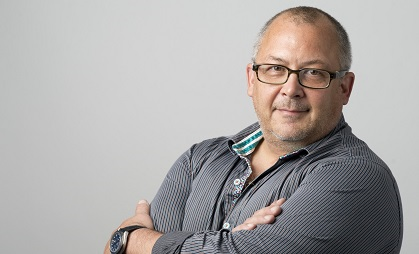
Prof Greg Hannon
Director
Prof Hannon joined the Institute in 2014 as a Senior Group Leader, after spending more than 20 years at Cold Spring Harbor Laboratory in New York. He became Director on 1 February 2018, taking over from Prof Simon Tavaré.
-
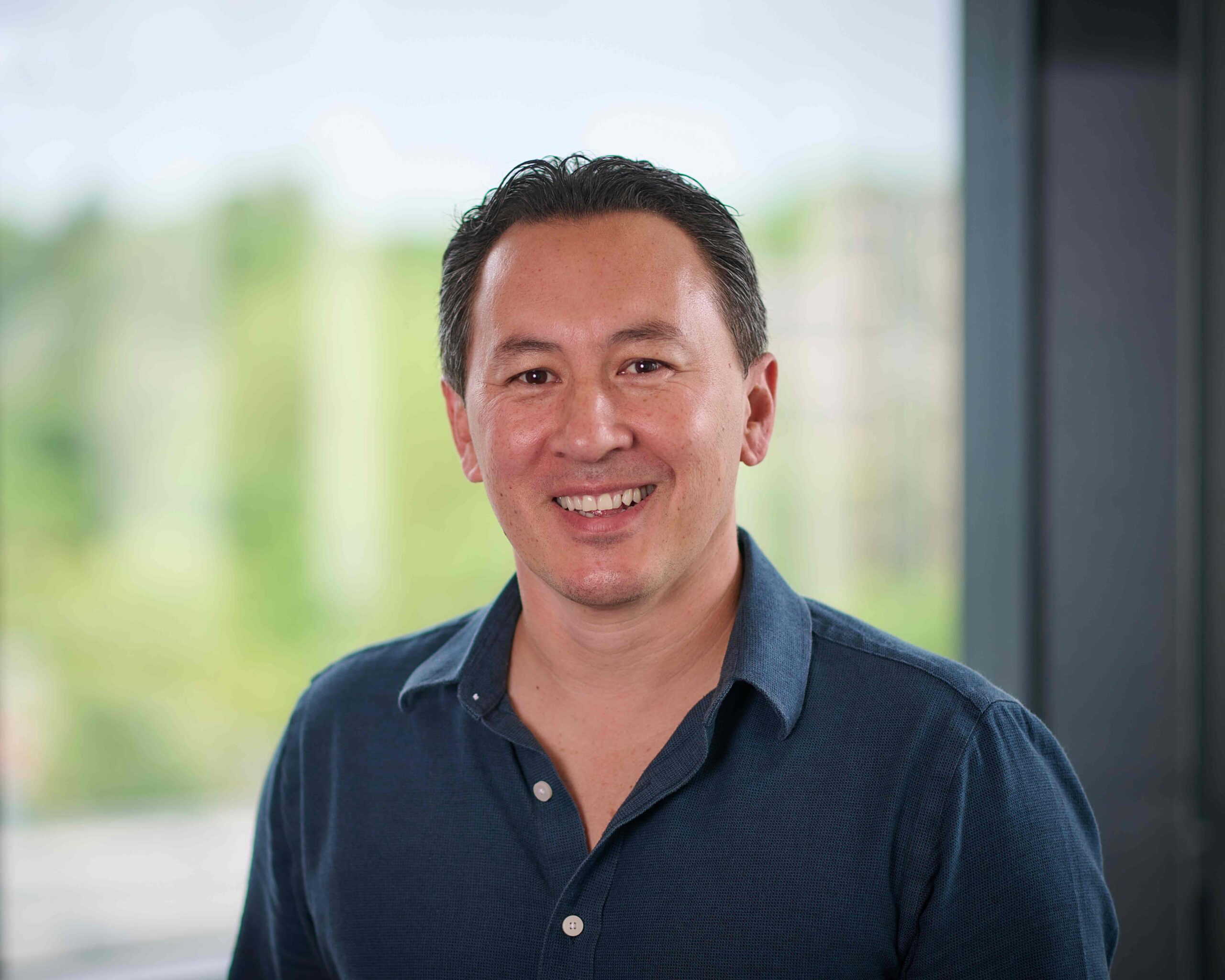
Prof Jason Carroll
Deputy Director
Prof Jason Carroll is a Senior Group Leader at the Institute and Professor of Molecular Oncology within the University.
-
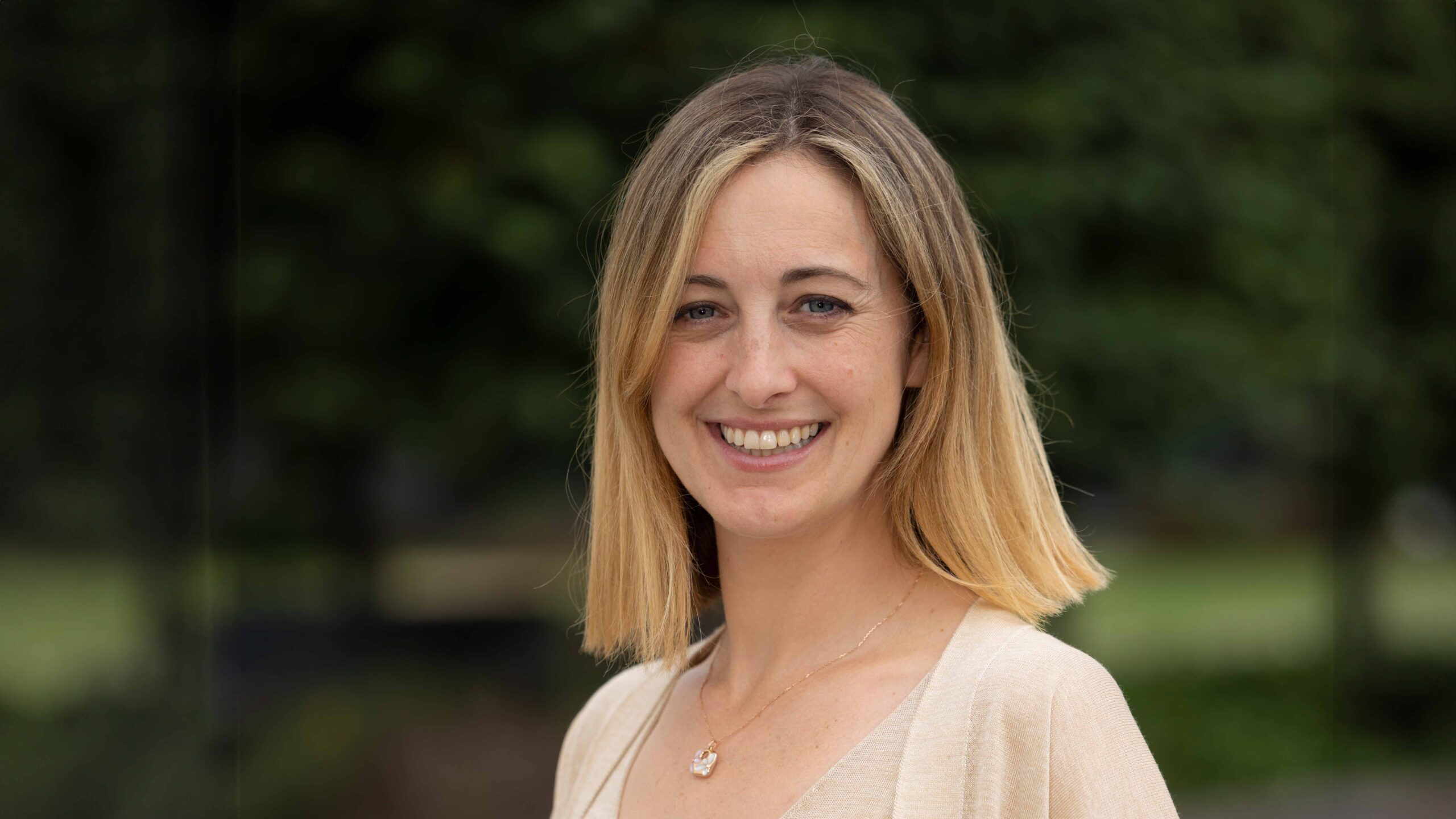
Karen Woodey
Director of Operations
Karen Woodey joined as Director of Operations on 1 August 2019. Karen is responsible for all aspects of the operation of the Institute including long-term strategic planning and providing support and infrastructure to the Director.
Executive Committee
The Executive Committee oversees the Institute’s performance, providing expert guidance for key decisions and driving strategic change initiatives.
-
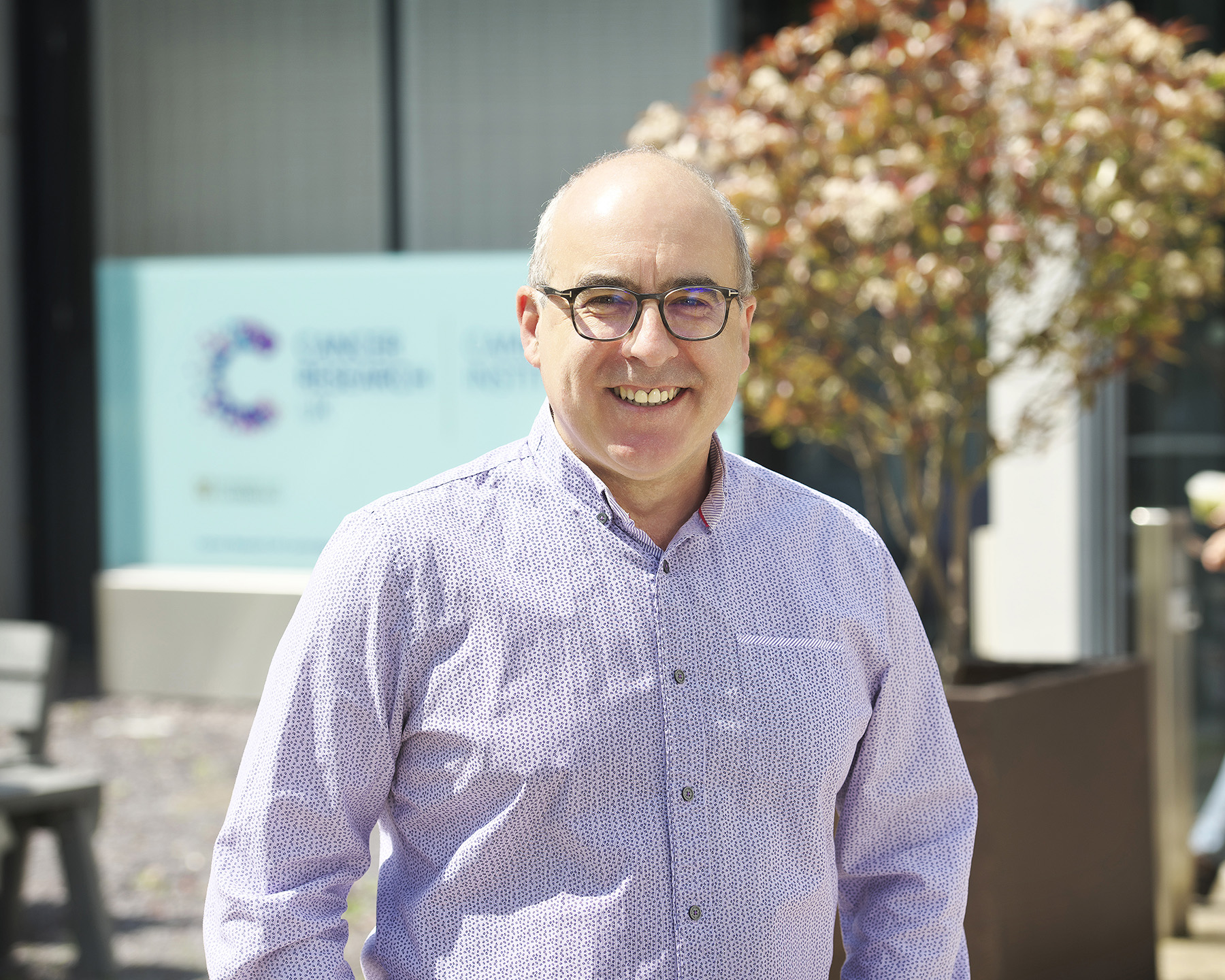
Prof Sir Steve Jackson
Associate Director of Enterprise and Partnerships
Prof Sir Steve Jackson is a Senior Group Leader at the CRUK CI and the University of Cambridge Frederick James Quick Professor of Biology. He has founded three biotech companies: KuDOS Pharmaceuticals, Mission Therapeutics, and Adrestia Therapeutics.
-
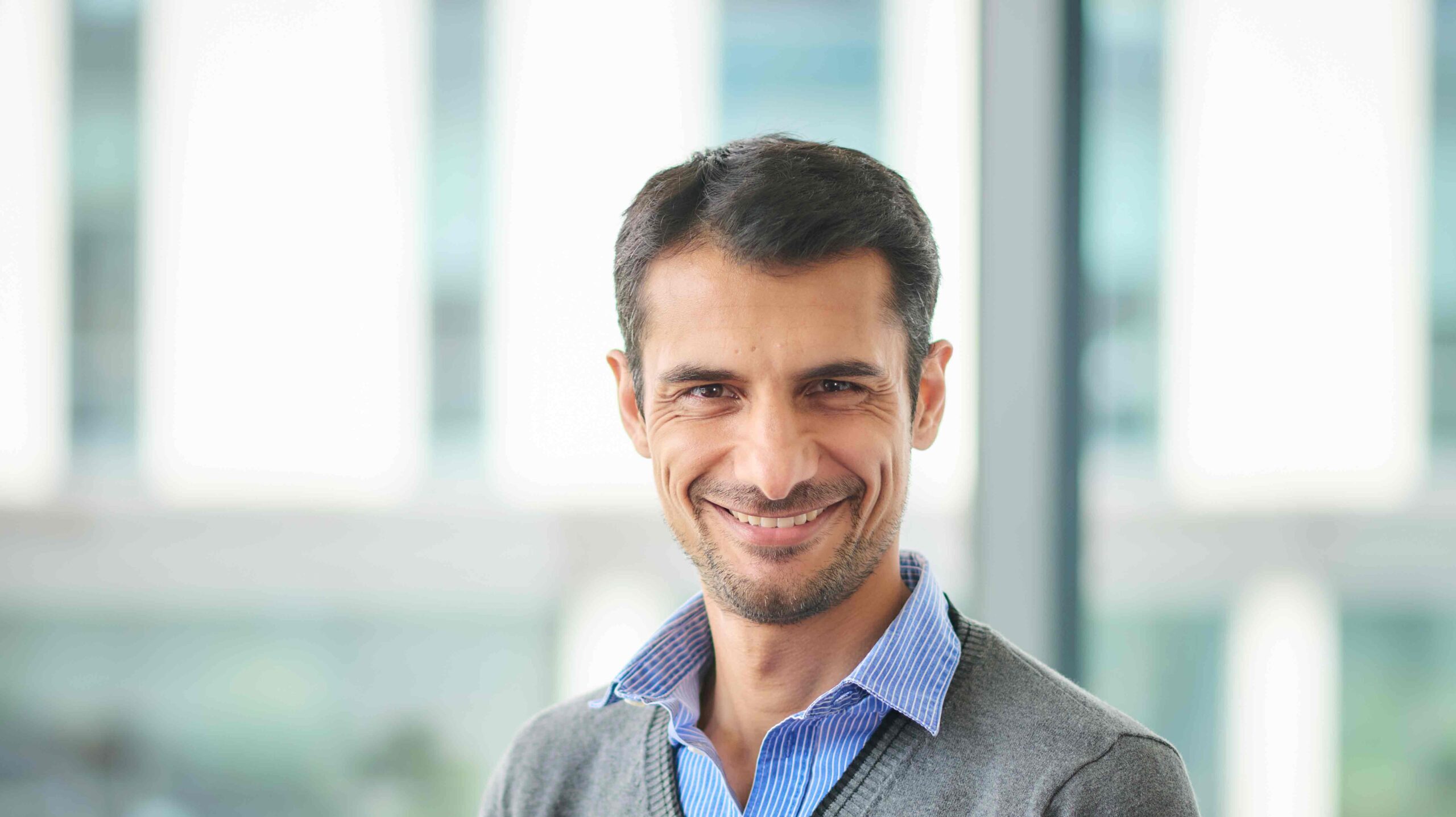
Dr Raza Ali
Associate Director of Clinical Academic Training
Dr Raza Ali joined the Institute as a Group Leader in 2020. His research models how the tumour-immune interaction changes over time in breast cancer.
-
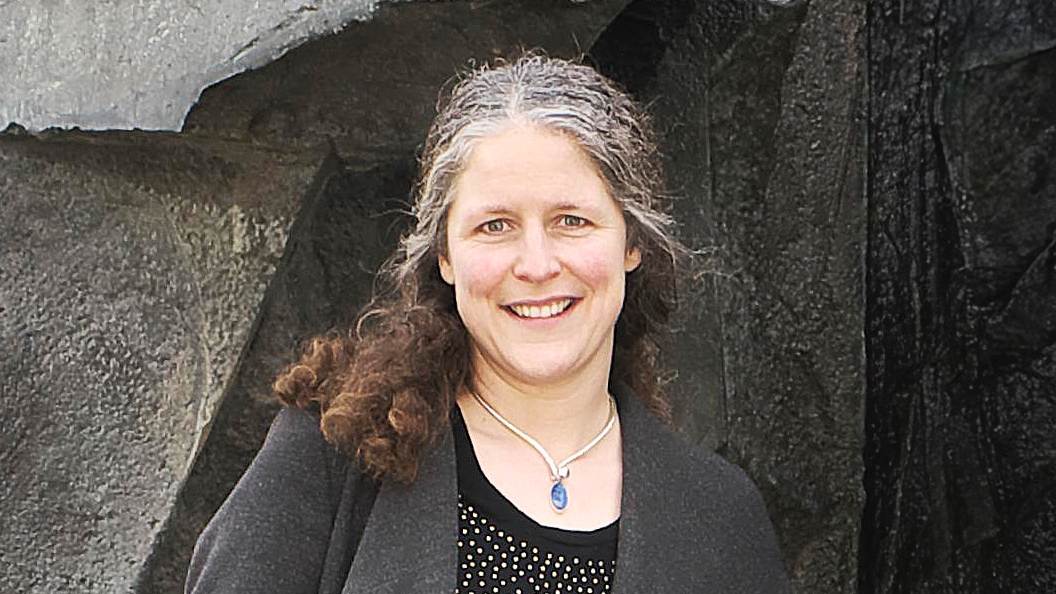
Dr Maike de la Roche
Associate Director of Research Culture and Innovation
Dr Maike de la Roche joined the Institute in 2016 as a Sir Henry Dale Fellow and Group Leader. Her work focuses on Hedgehog signalling in the immune system.
-

Prof Jason Carroll
Associate Director of Research Culture and Innovation
Prof Jason Carroll is a Senior Group Leader at the Institute and Professor of Molecular Oncology within the University. His research focuses on nuclear receptor transcription.
-
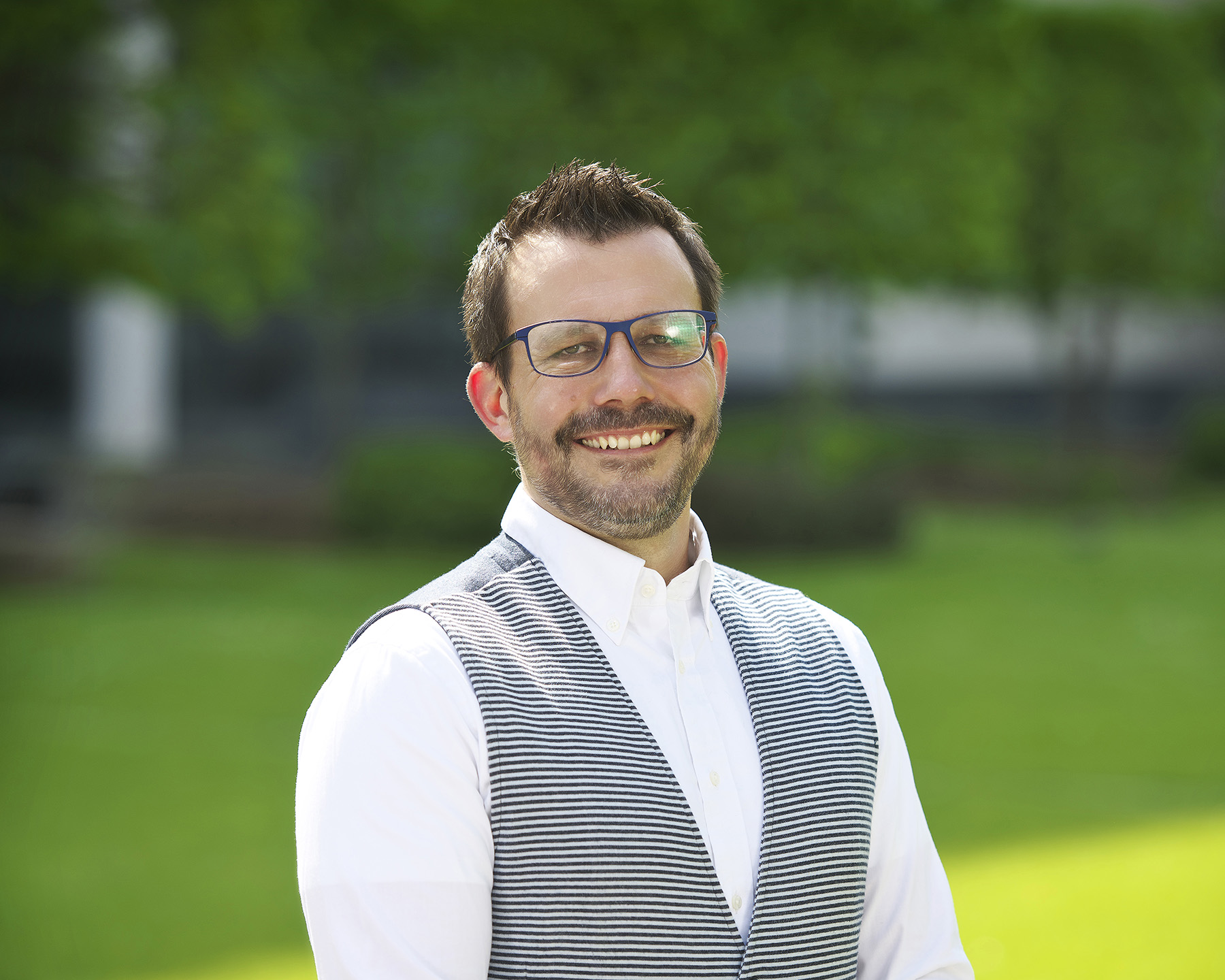
Prof Florian Markowetz
Associate Director of Artificial Intelligence
Prof Florian Markowetz is a Senior Group Leader at the Institute and Professor of Computational Oncology within the University. His research focuses on developing technologies for the clinic.
-
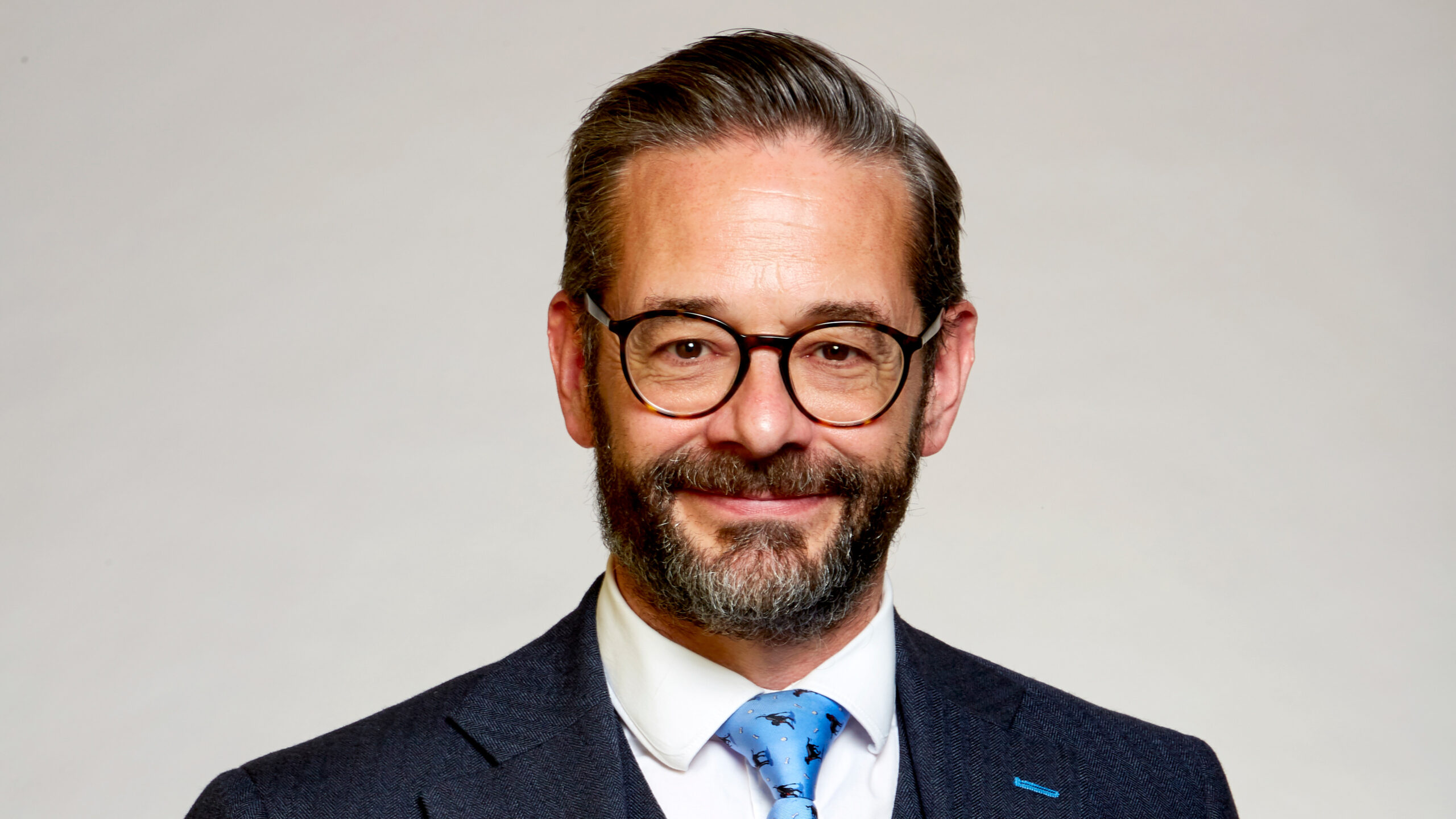
Prof Richard Gilbertson
Director of the CRUK Cambridge Centre
Prof Richard Gilbertson is a senior Group Leader at the Institute and the Director of the CRUK Major Centre in Cambridge. He also serves as the Joint Delivery Board co-chair and research lead for the Cambridge Cancer Research Hospital.
Scientific Advisory Board
The Scientific Advisory Board provides strategic guidance and identifies synergy opportunities across the Cambridge cancer landscape. They aid in faculty evaluation and recruitment and mentor Junior Faculty.
-
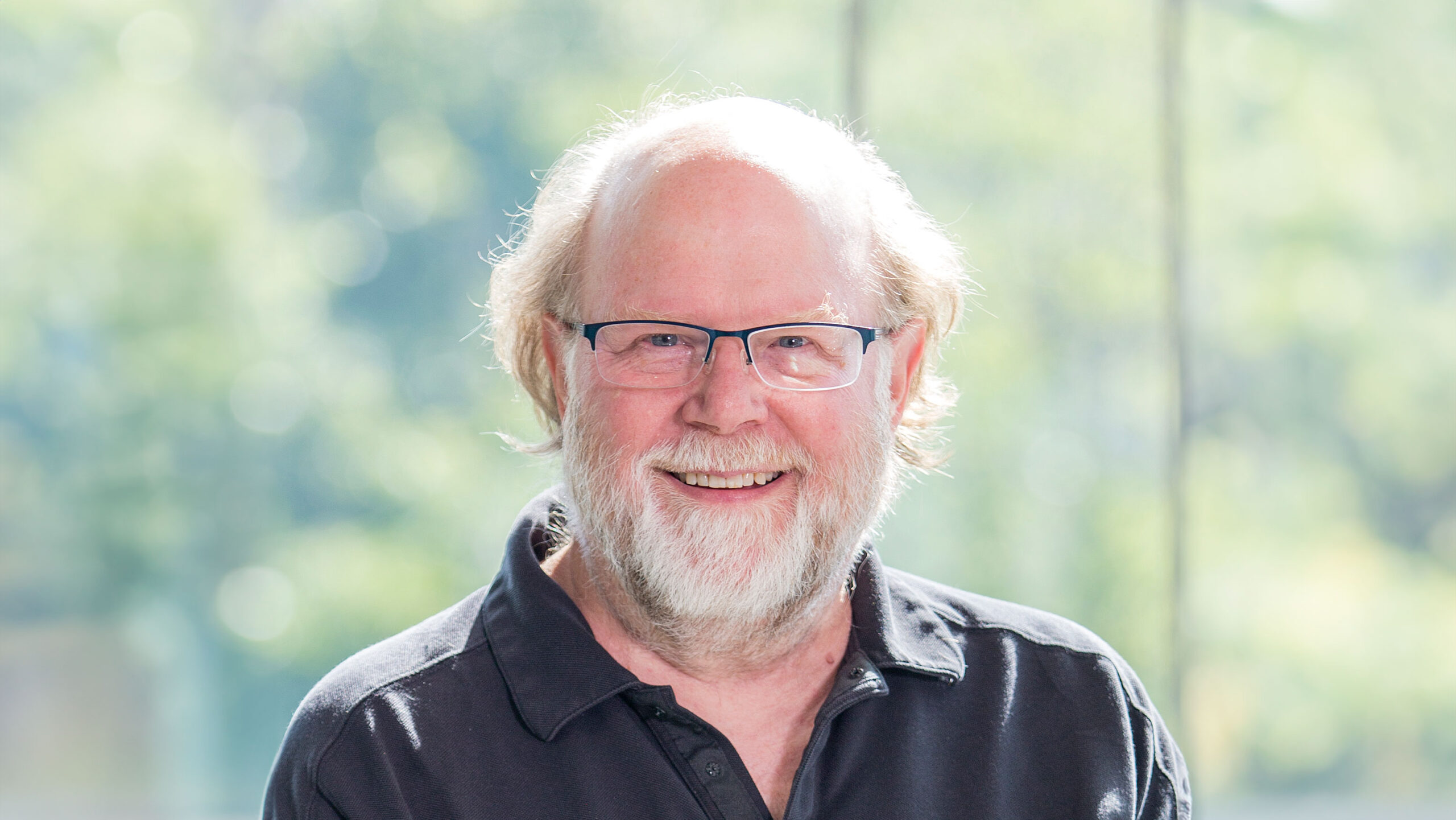
Prof Ed Harlow
Harvard Medical School
Ed Harlow and his laboratory study the mechanisms that underlie the early stages of cancer development.
-
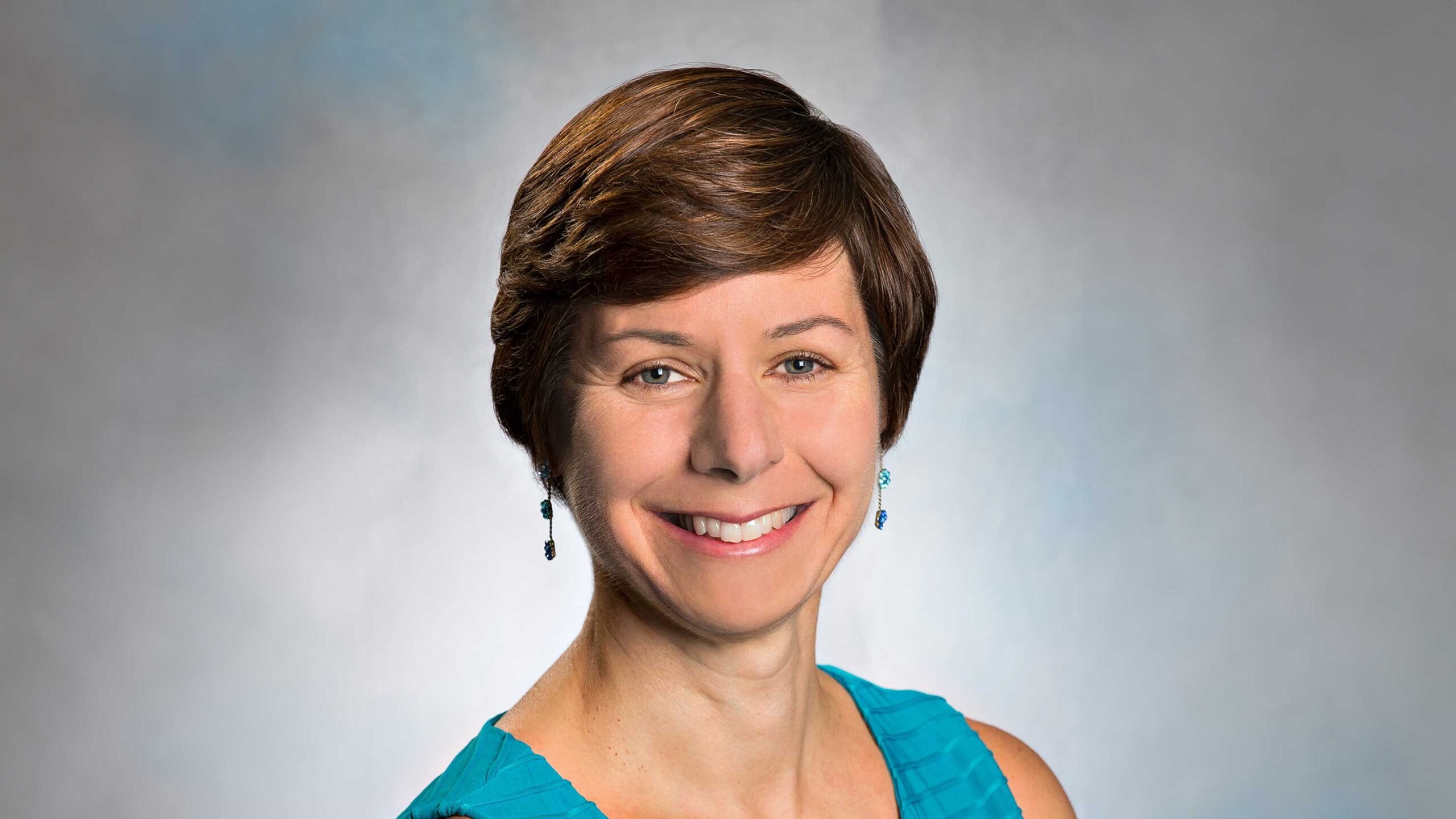
Prof Daphne Haas-Kogan
Dana-Farber Cancer Institute
The Haas-Kogan Laboratory characterises aberrant signaling pathways in brain tumors and pediatric cancers.
-
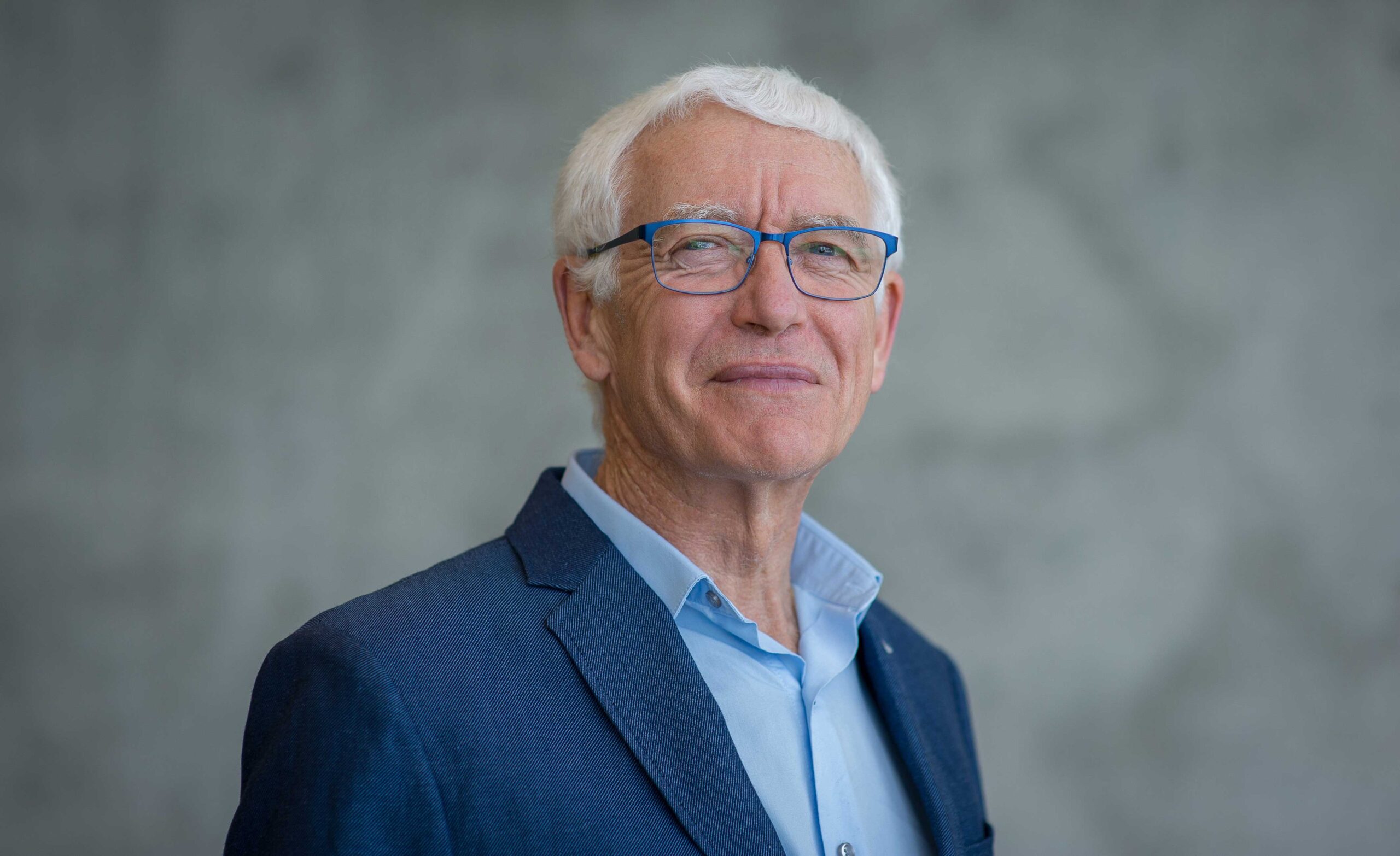
Prof Peter Jones
Van Andel Research Institute
Jones’ laboratory discovered the effects of 5-azacytidine on cytosine methylation and first established the link between DNA methylation, gene expression and differentiation.
-
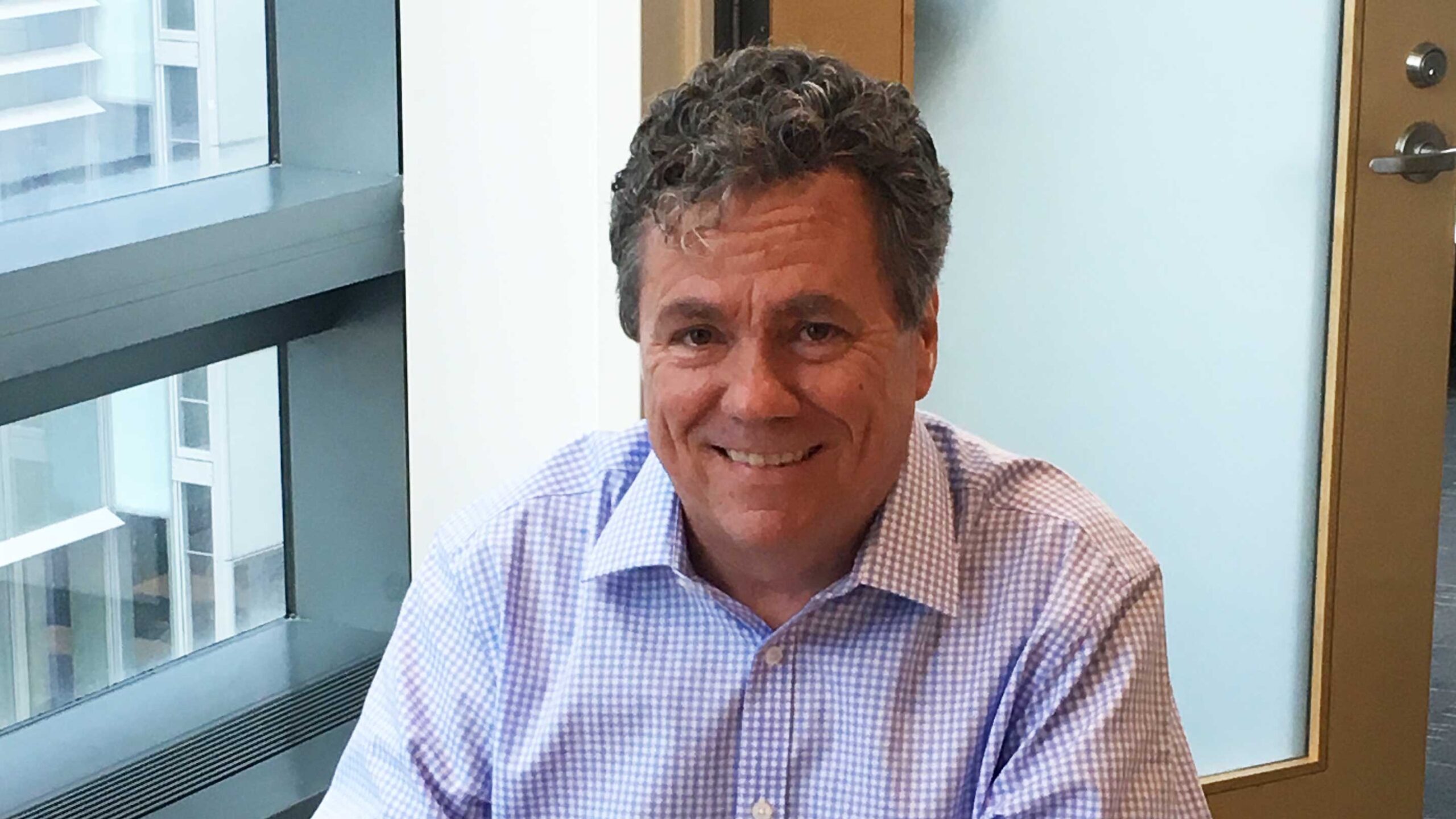
Dr Scott Lowe
Memorial Sloan Kettering Cancer Centre
Lowe’s laboratory applies mouse models, functional genomics and cancer genomics in a coordinated effort to identify cancer drivers and dependencies.
-
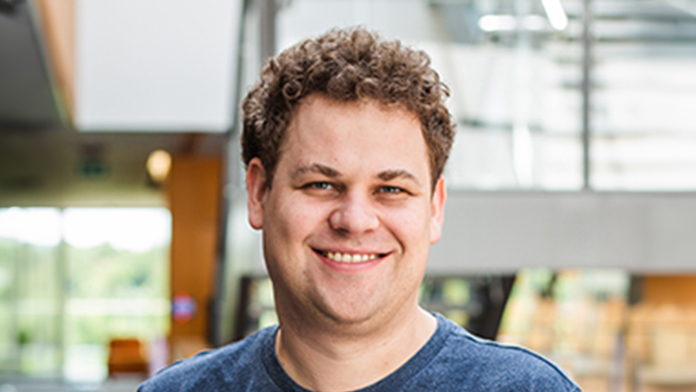
Dr John Marioni
Genentech Research and Early Development
Marioni’s research uses computational models and statistical approaches to integrate and analyse omics cell data.
-
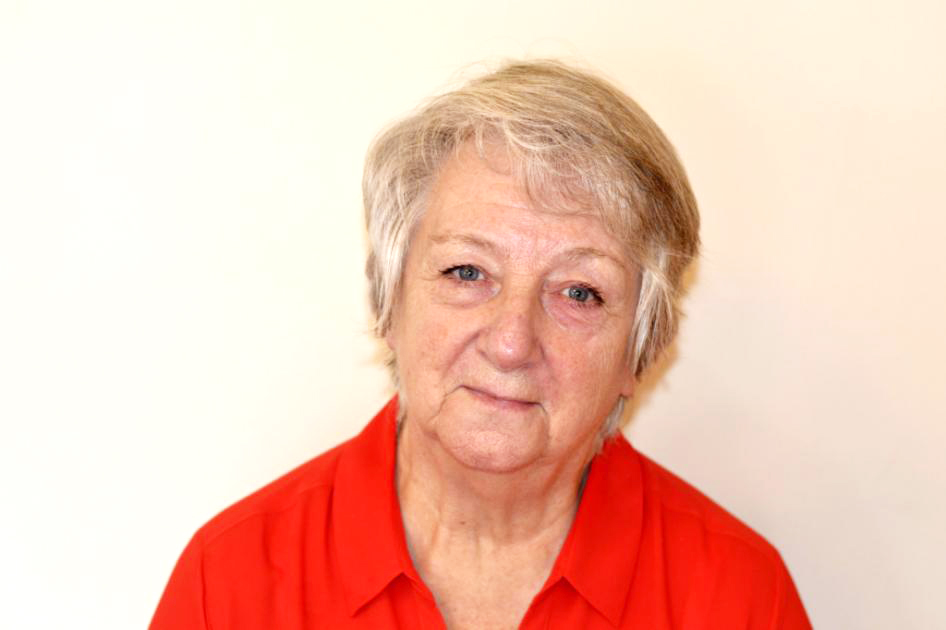
Ann Russell
Patient Advocate
Russell has been a patient advocate since 2010. She is a founding member of the Cancer Patient Advisory Group at Cambridge University Hospital, involved in a wide range of patient fora and has taken part in various cancer trials and studies.
-
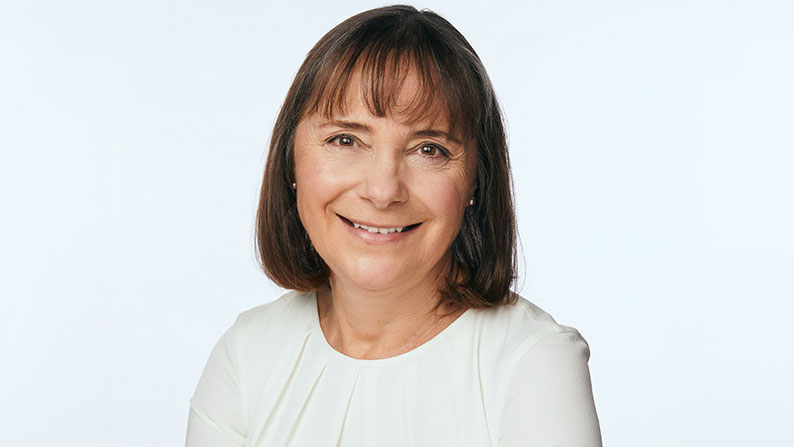
Prof Karen Vousden
Francis Crick Institute
Vousden’s research has contributed to our understanding of how the tumour suppressor protein p53 is regulated and functions to control cancer progression
Affiliated Clinical Faculty
The affiliated clinical faculty provide crucial clinical input into our strategy and research programmes, ensuring that everything we do has the potential to help cancer patients.
Find out more